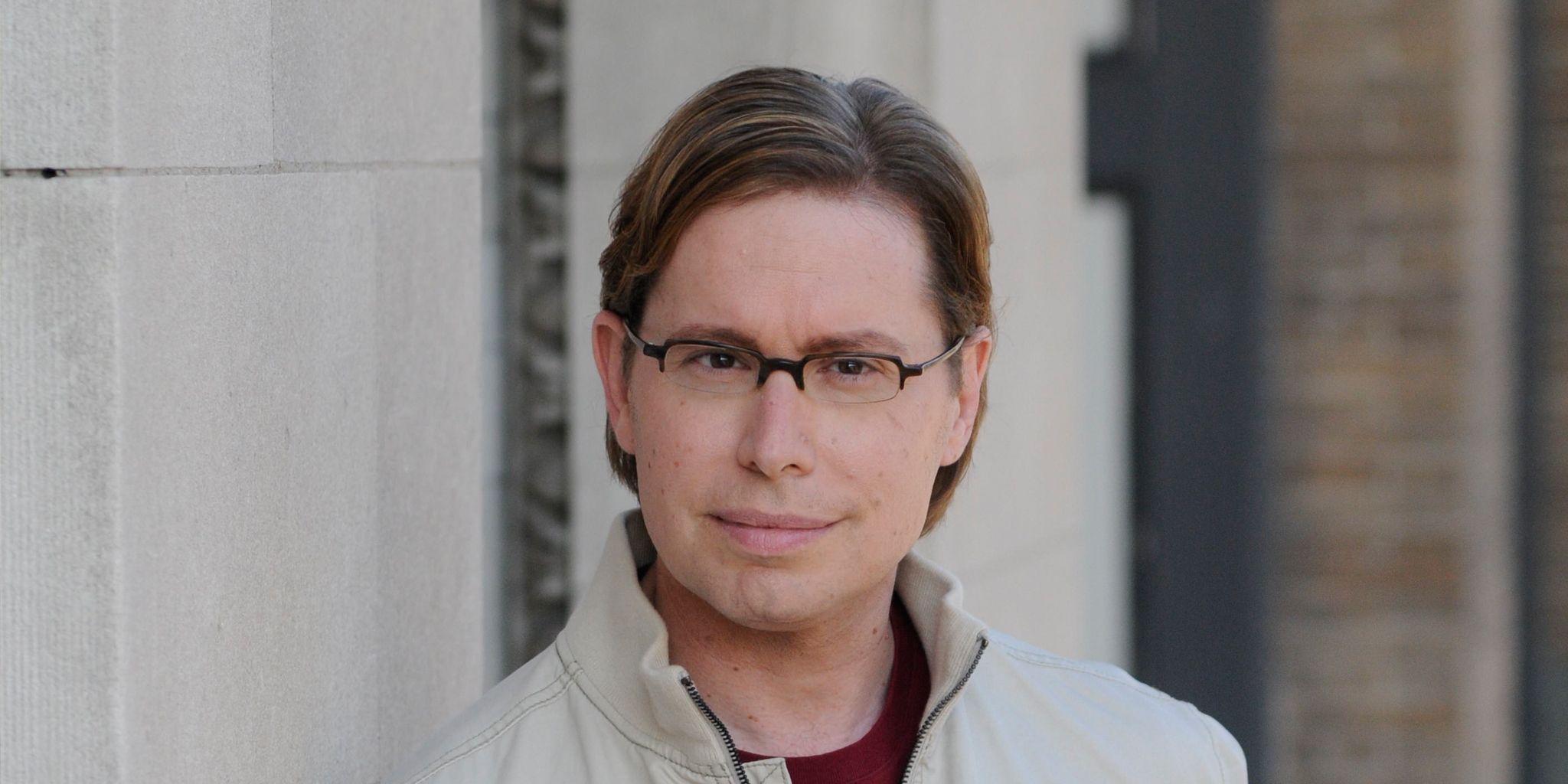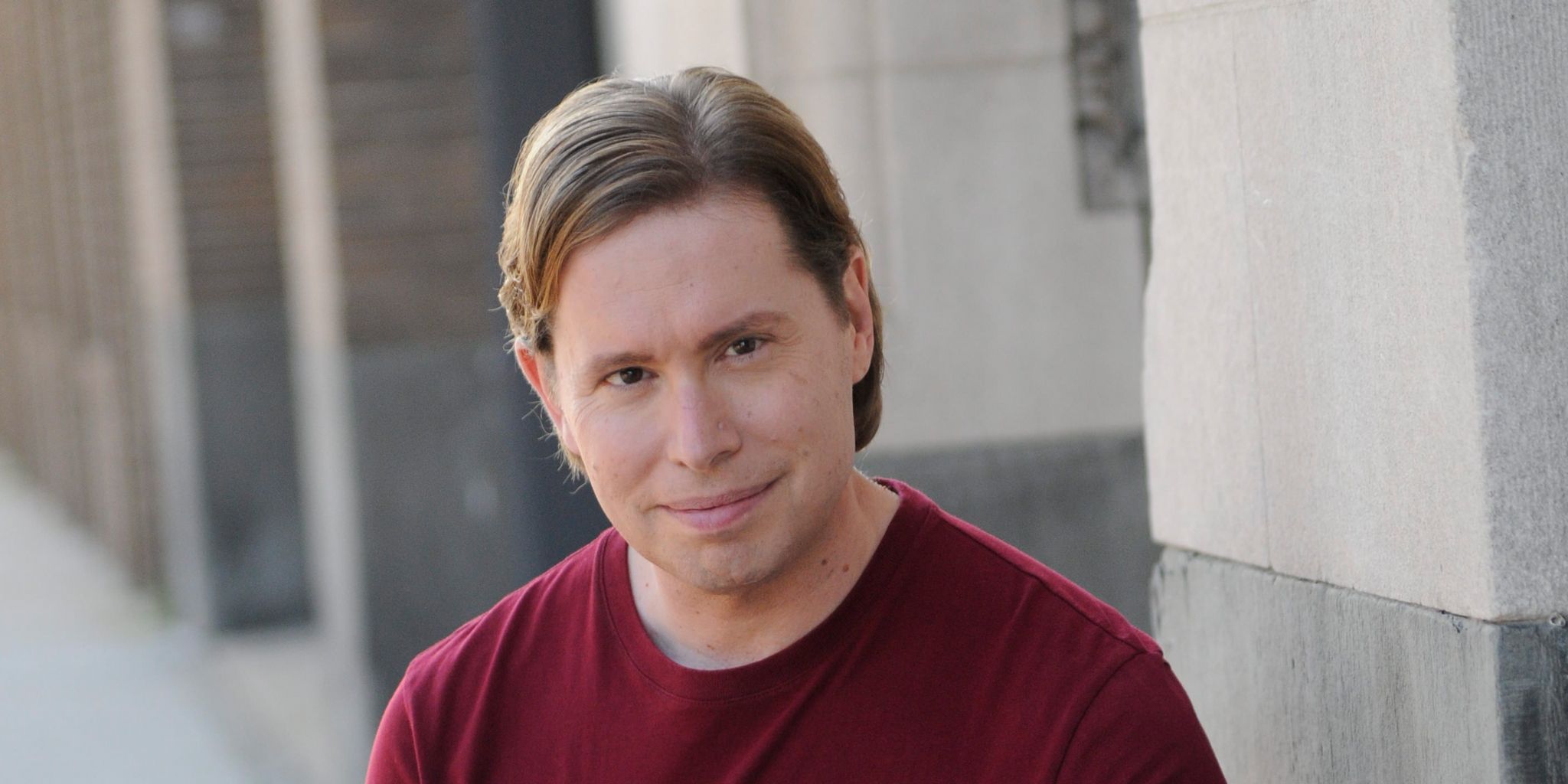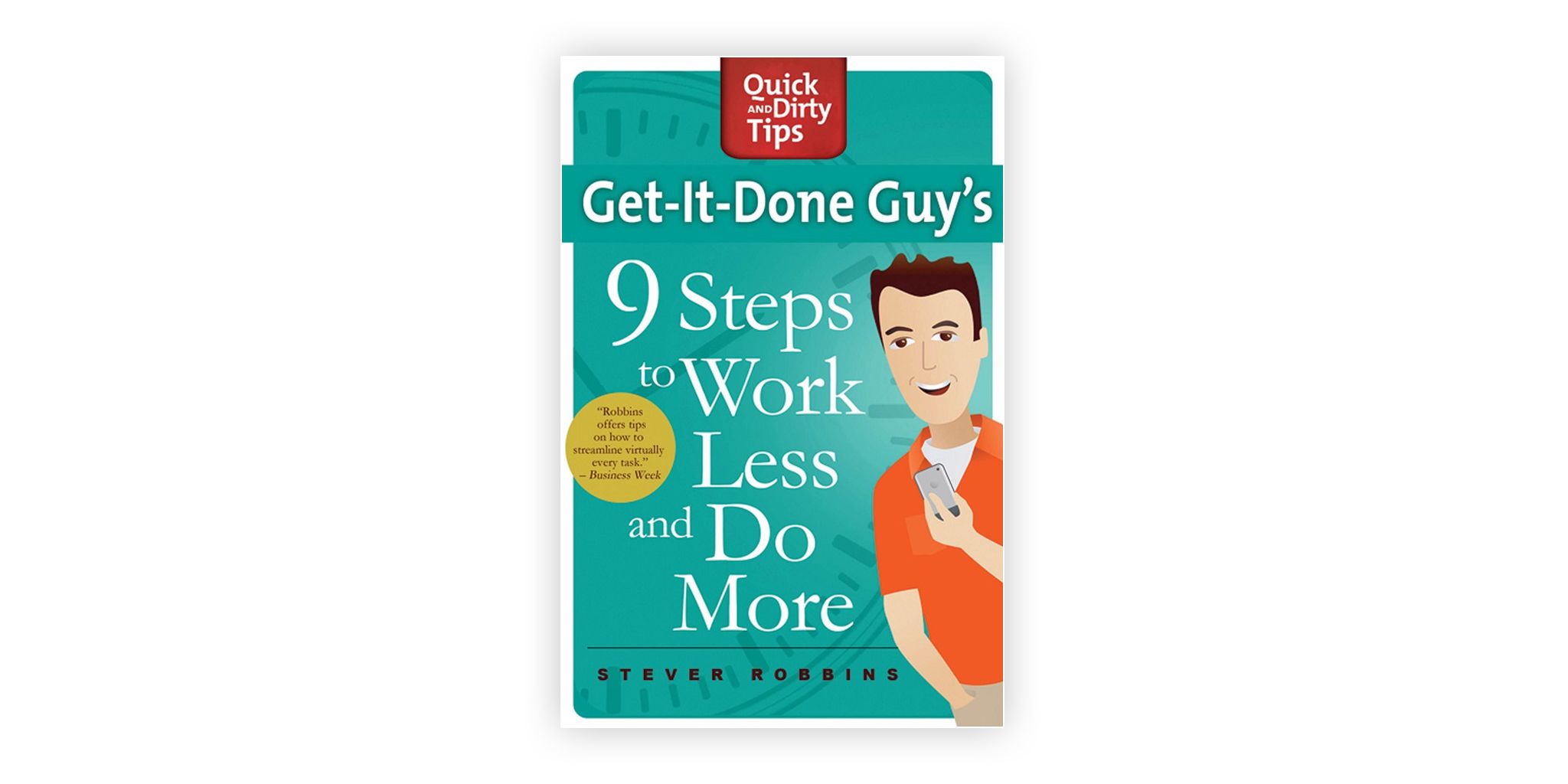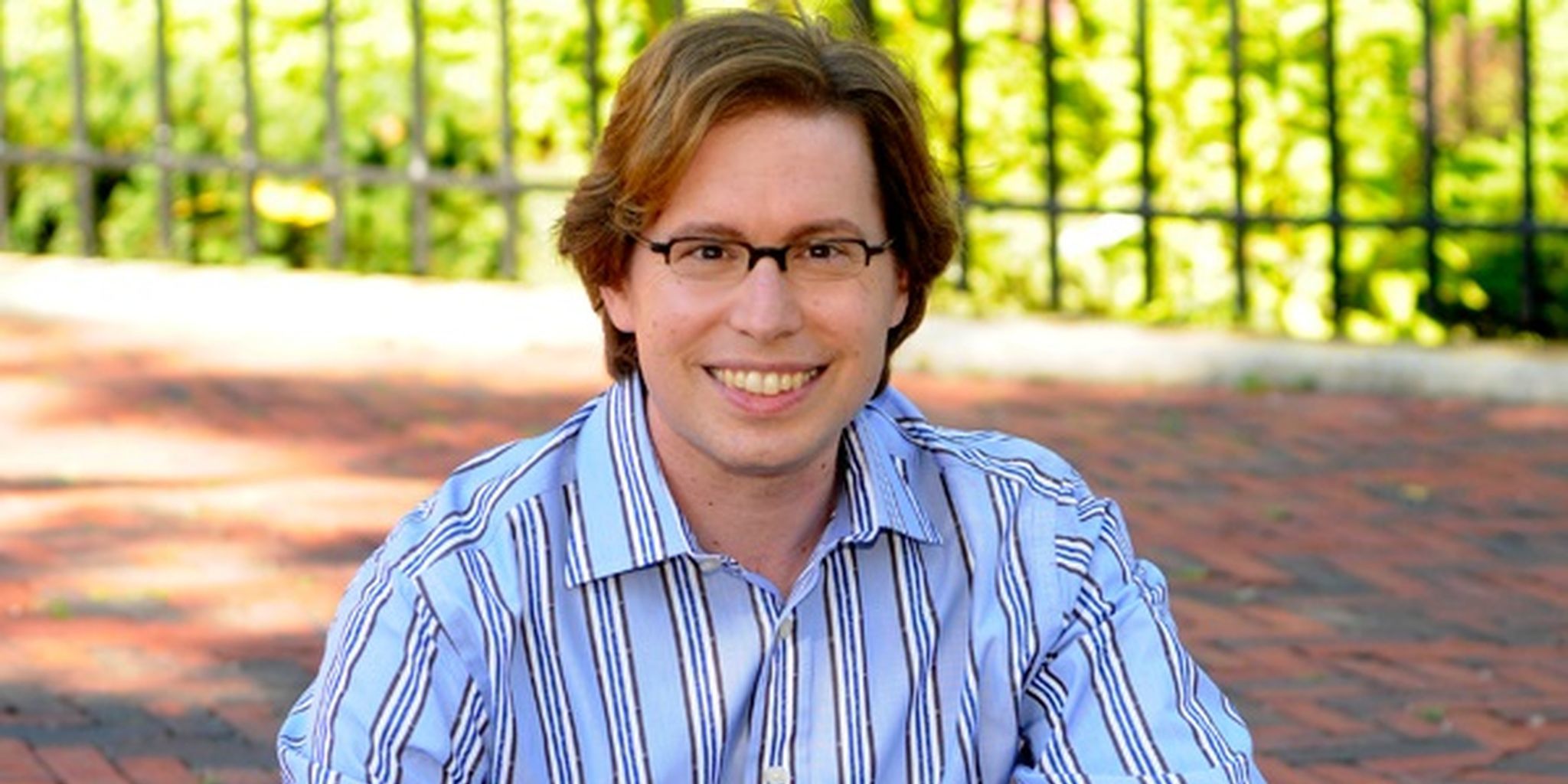Interview with Stever Robbins, the “Get-It-Done Guy”
Michael Sliwinski: You’re the host of weekly podcast “Get it Done Guy’s Quick and Dirty Tips to Work Less and Do More” — how did you come up with the idea of the podcast and what kept you going to make it one of the best productivity podcasts in iTunes?
Stever Robbins: The podcast idea was born of two impulses. The humor and style came because I wanted an outlet where I could be fun and creative — two things generally frowned upon in business. The topic came because I’ve spent my life obsessed with finding ways to do things better, stronger, and faster. When I realized that other people valued the ideas I’d developed and collected, it seemed like a great way to turn my lifelong quest into a podcast that could help people.
Michael: Prior to your podcast you’ve had a great career and you were involved in many companies (also during the Internet bubble) — what were the key points in your career that led you to the point where you are now?
Stever: What I’m doing now draws from all my careers: my early career as a programmer taught me systems design. My management training in Total Quality Management helped me figure out which systems to streamline. And professional speaking developed my vocal technique. My hobbies also play a big role: comedy improvisation gave me the humor, and NLP/cognitive psychology helps me understand the mental side of how people achieve things, so I can create techniques that fit smoothly into how people think.
In terms of events, my path has been unpredictable. After time as an executive coach, I was ready for a change. I decided to do a 3-year experiment of following my passion regardless of whether it would pay off. The podcast started three months later, after I wrote a fan letter to Grammar Girl and proposed myself as a podcaster on her channel. The podcast was so successful that it led to a book contract for my new book Get-it-Done Guy’s 9 Steps to Work Less and Do More. Gradually, most of my efforts have shifted to support the book and I’m now hoping to build a business around working less and doing more.
Michael: It’s really great that you’re doing the podcast every week. It’s short, to-the point and fresh every week. I love it. What tips and tricks help you be so consistent with recording a great new podcast episode each week?
Stever: In the chapter: “Step 7: Optimize” of the book, I discuss using learning logs to capture learning. I use a get-it-done log to capture ideas that might make good episodes. Sometimes someone shows me a cool tip, or they’ll say they wish they knew how to deal with a difficult situation. The topic goes into my log, which I mine for ideas on weeks when I don’t have a listener question to answer.
Production-wise, I script the podcast and keep the script to roughly 1,100 words max. That keeps episodes a consistent length. Episodes have developed a rhythm. Each starts with humor that introduces the problem, then gives a solution with examples (some funny, some not), and I try to wrap up by concluding the humorous story that started the episode.
I’ve wanted to start introducing some longer story arcs with my characters Bernice and Melvin, but haven’t yet had a chance to figure out how to do that and still keep the podcast mainly about productivity. Once I have some free time, I’ll work on this some more.
Michael: What’s your typical day like? What are key parts of this day that help you stay productive, focused and motivated?

Stever: Typical day? There’s no such thing. I usually get up and start working around 9 a.m. I do my best writing in the morning, so that’s when I’ll work on articles or other writing-based projects. I work out around lunchtime, grab lunch, and my afternoons often have more people activities.
I keep focused using the Autofocus 4 system developed by Mark Forster. It keeps my to-do list in front of me on paper, and I often return to it to make sure what I’m doing is actually useful, and not just a random diversion.
In my book, I pose a thought experiment. Imagine you’re talking to the Deity of your choice. He or she asks, “Are you living the life I gave you to its fullest, whatever that means to you?” I keep motivated by doing what feels like living my life to its fullest, and I drop whatever doesn’t meet that hurdle. The motivation comes naturally.
To those of you who have read the book, you’ll realize that this is actually a fancy way of pre-deciding. I’ve created an “Absolute YES” list with one criterion: living life to the fullest.)
The hardest part for me is dealing with money. I’ve often chosen passion or social good over money, and it can lead to second-guessing, especially when the money isn’t following.
Michael: Apart from a successful career, do you have a family or significant other? How do you manage to keep a healthy family life with your highly successful career?
Stever: I do! We’ve been together for several years and have been fortunate to have very prolific brothers and sisters, so we get our kid-time through our six nieces and nephews. We try to spend at least an hour together before bed, have one date night each week, and take a weeklong trip or two during the year. And hug. Lots of hugs. We both work from home, so we see each other a lot.
I’m also a big opponent of business travel. I’m very, very clear on why I do what I do (I read chapter 1 and built my Life Map, which I use regularly to keep my life aligned around my priorities) and where it fits in my life. Business travel must bring a lot of money, connections, or passion into my life in order for me to be willing to take it on.
I also try to take 100% responsibility for my own actions and for making the relationship work. (If you each take 100% responsibility, then pretty much everything will get handled, with a big percent left over to spare!) Along with my productivity tools, I’ve experimented with many self-help tools. The one that produces the fastest, best results for me is The Work of Byron Katie, which helps me calm down around conflict and be willing to consider both sides of every issue.
Michael: I’m a big follower of GTD methodology - are there any parts of GTD which you’d say are more important than others in helping us, busy professionals, work less and do more? Which concepts of the GTD method work for you?
Stever: I used GTD for years and love many parts of the system. My favorite concepts are achieving a Zen mind by having a trusted system you can put everything into, and having a someday/maybe list for things that aren’t actionable right now.
I’ve adopted a different task-list management system, however. I use Autofocus 4 by Mark Forster. It’s much, much simpler than the GTD system, it includes right/left brain components for motivation, and it has a built-in mechanism to make sure everything gets done or dropped. There’s no weekly review necessary.

Michael: Now you’re a published author with a fantastic book (I know, I’ve read it), “Get It Done Guy’s Nine Steps to Work Less and Do More” — what made you write the book and how easy/difficult was it? When did you start working on it?
Stever: I started the book in Fall 2008. Then I took a full-time job, worked on the book a bit during the job, and then worked on it full time after returning to self-employment in mid-2009. It was the hardest thing I’ve ever done—even harder than MIT, though for different reasons. I’m good at writing, but it doesn’t come easily. My brain needs focus to write, so I basically dropped out of my life for eight months to finish the book.
In Chapter 2: Stop Procrastinating, I introduce Action Days as ways to motivate yourself by involving other people in your goals. An action day is a simple hourly check-in with other live humans to keep each other on track. I scheduled action days every day for the last six weeks of writing. Without those action days, I would never have finished.
Michael: Apart from the podcast, what takes most of your focus now: book promotion, speaking engagements or client work? What excites you the most?
Stever: For the last six weeks, most of my focus has been on book promotion. That’s beginning to ramp down a bit and become more of an ongoing initiative. I am very, very selective about speaking and consulting/coaching work as I mentioned above, so that’s being kept to a minimum. What excites me the most is the possibility of turning the podcast and book into a media career.
Michael: The book is published, podcast is one of the most successful on iTunes, what’s the “next action” for Stever Robbins? Can you share your next goals and aspirations?
Stever: What’s my biggest aspiration? It’s one I borrowed from a Zen friend of mine: to live a happy life and help everyone around me do the same. The specifics change daily, and they run the gamut from fun-and-meaningful to fun-and-hopefully-profitable.
I’m talking to multiple television producers about a TV show. These things move at a glacial pace, so I won’t even know if there’s anything real about the talks for several months. Meanwhile, I’m co-writing a one-man musical based on my book. My collaborator is Joel Derfner, who recently scored the Off-Broadway Signs of Life. It’s incredibly fun and exciting. The show will be about 40 minutes long, will contain several tips from my book, and can be delivered anywhere a business keynote would work. It has humor, drama, tension, productivity tips, and of course, zombies.
On the business front, I am creating a suite of products and projects based around helping people work less and do more in different areas of their life. My newsletter will announce these products as they become available.
The one that’s furthest along at the moment is JobTacToe.com, where we take several “get-it-done” principles and apply them to job hunting. We educate people about how to find a job, and we help them turn the education into specific action and then help them motivate themselves and stay motivated on their job hunt.
Ask me again in a year and hopefully these projects will be up, running, and successful beyond my wildest dreams. Or there may be new things on the horizons. Whatever the details, I plan to be living life to the fullest!
You want to work less and do more? Check out Stever’s book: Get-It-Done Guy’s 9 Steps to Work Less and Do More — Quick & Dirty Tips


